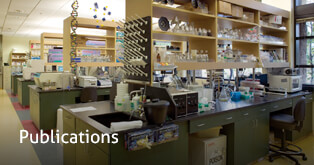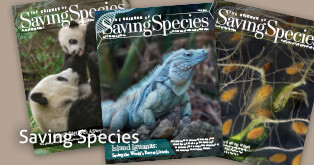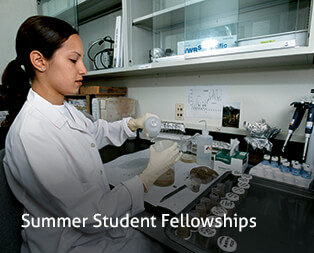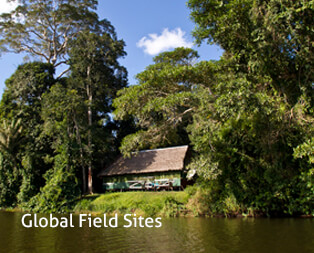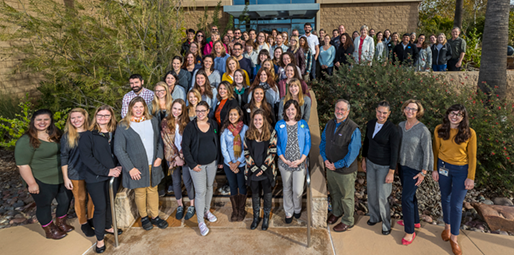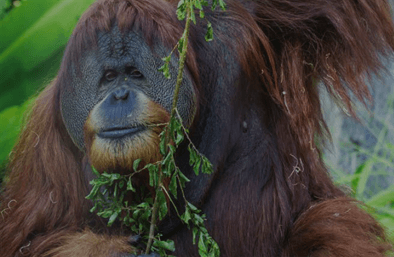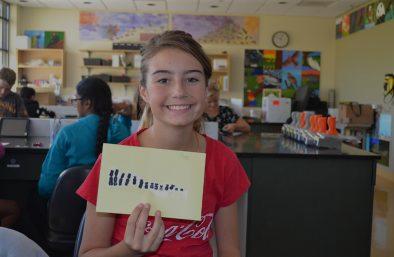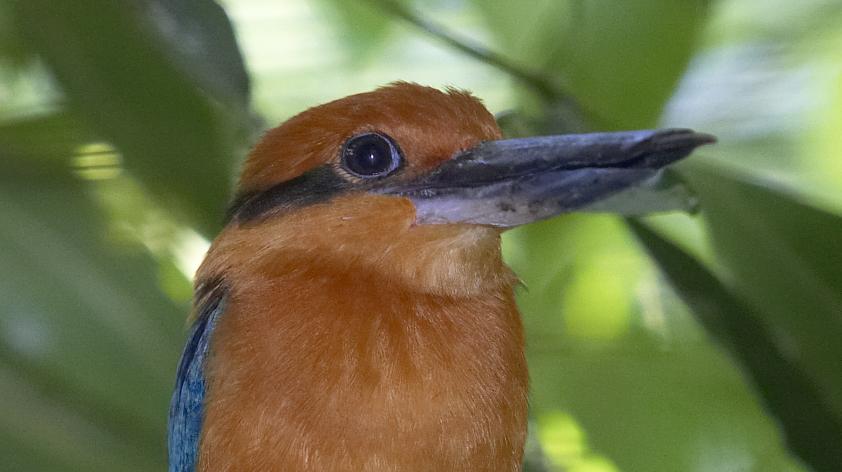
It’s all about your friends’ friends
What can the friends of your friends (your friends’ friends), whom you’ve never met, say about you? It turns out a lot. Studies using network models to better understand “connectivity” between people or places, show that your friends’ friends can actually predict numerous things about you. This includes your mood, weight, whether you’ll buy the latest electronic gadget, and whether you’ll catch the flu. When your friends’ friends predict whether or not you will get the flu (based on whether or not THEY had the flu) it’s a marker of a contagious process.
The Disease Investigations group of the Institute for Conservation Research is using this concept and the application of network models to better understand the spread of a rare disease in birds called avian mycobacteriosis. Transmission of this disease is poorly understood and it is unknown whether it is a contagious process passing directly from one bird to the next or whether it comes from other environmental sources, such as soil and water. So, we are using historic records to map each bird’s friends (birds they lived with) as well as their friends’ friends (birds they never lived with, but are connected to through another bird) to see if the friends’ friends disease status can predict whether a bird becomes infected. Essentially, we are using the network analysis to determine whether the disease is contagious.
Is there evidence of contagion? Maybe. To find the answer I am working with networks that include millions of data points which makes data processing tricky and resolving a definitive answer difficult. Thus far, there is a hint of an association, which suggests that at least some of the cases might arise from a contagious process, but it is unlikely that the disease is HIGHLY contagious.
Our findings could forever change the way this disease is managed. Although the disease rarely occurs, it plays an important role in the conservation management of several birds, such as the endangered Guam kingfisher. Cutting-edge science like the network analysis is helping us better understand disease and remove it as a roadblock to conservation.

